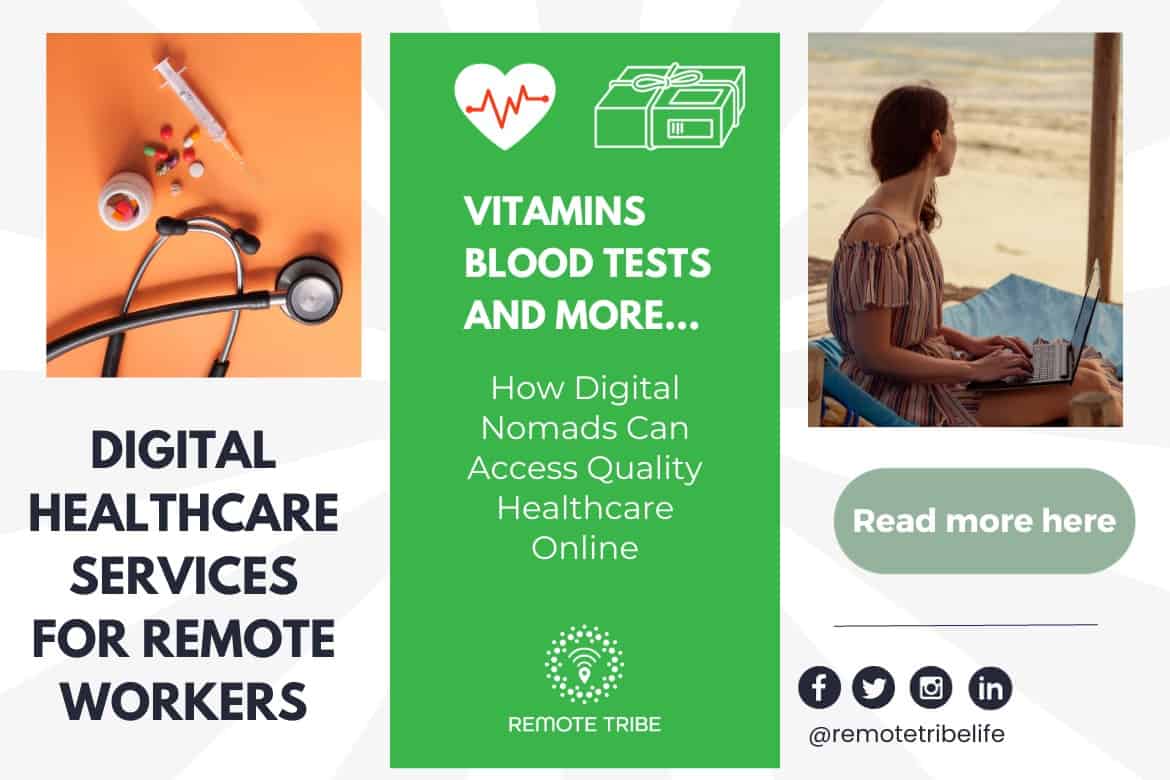The Impact of Subscription Based Healthcare on Typical Medical Practices
The Impact of Subscription Based Healthcare on Typical Medical Practices
Blog Article
Recognizing the Cost-Effectiveness of Subscription-Based Health Care Models
As the healthcare landscape progresses, subscription-based versions arise as a compelling choice, guaranteeing to redefine just how people take care of medical costs. Assessing these designs' cost-effectiveness demands a nuanced contrast with typical insurance, considering both monetary implications and individual complete satisfaction.
Summary of Subscription-Based Models
Subscription-based health care versions, in some cases described as straight medical care or concierge medication, are increasingly acquiring focus as a prospective service to ineffectiveness within typical medical care systems. These versions operate on the concept of offering individuals direct access to health care companies with a month-to-month or annual cost, bypassing the requirement for traditional insurance systems. This plan intends to enhance patient-provider communications by lowering administrative burdens, which commonly prevent timely and individualized treatment.
At the core of subscription-based designs is the focus on a more customized individual experience. Clients benefit from improved access to their doctors, frequently including next-day or same-day visits, extended examination times, and straight interaction networks such as phone or video clip calls. This design promotes a proactive method to health care, where companies and patients can collaboratively focus on preventative care and chronic illness administration.

Price Contrast With Typical Insurance

Among the primary economic advantages of subscription designs is transparency in prices. People pay a predictable fee, which can simplify budgeting and monetary preparation. Additionally, these designs commonly get rid of co-pays and deductibles for protected solutions, minimizing out-of-pocket investing. On the other hand, conventional insurance coverage might be extra beneficial for people needing specialized care or costly treatments not covered under a membership model, as they profit from the more comprehensive protection network and cost-sharing devices.
Nevertheless, cost-effectiveness is context-dependent. While registration versions may use financial savings for those mostly requiring primary care, individuals with chronic conditions or specialized medical care needs may find standard insurance coverage extra detailed. Consequently, examining specific healthcare demands and possible use is crucial in figuring out one of the most cost-effective option for individuals.
Effect On Person Complete Satisfaction
Person contentment within subscription-based healthcare models often mirrors a significant enhancement over traditional insurance policy systems. Unlike traditional systems, where clients may experience hold-ups in receiving care, subscription-based versions ensure even more straight and prompt communications with medical care companies.
Furthermore, the openness in expenses linked with subscription-based health care reduces the common irritations connected to unanticipated charges and complicated payment processes seen in standard insurance (subscription based healthcare). Individuals appreciate knowing the specific monetary dedication upfront, bring about enhanced trust and self-confidence in their healthcare monitoring
In addition, the focus on preventative care and wellness in membership models contributes to enhanced wellness outcomes, even more boosting client complete satisfaction. By concentrating on continuous wellness maintenance instead than episodic care, people experience an even more holistic and continual health care journey.
Furthermore, the improved provider-patient partnership cultivated in these models, identified by even more time invested per client and individualized interest, plays a critical duty in raising individual complete satisfaction degrees, as people really feel really taken care of and comprehended.
Company Point Of Views and Experiences
From the carrier's viewpoint, subscription-based health care versions supply a transformative technique to delivering clinical solutions. These designs emphasize a preventative and proactive healthcare strategy, permitting service providers to concentrate on detailed person treatment without the restrictions of standard fee-for-service arrangements (subscription based healthcare). This shift in emphasis typically results in improved individual outcomes and raised provider complete satisfaction, as medical care specialists can allocate more time and you could look here resources to patient engagement and individualized care strategies
Additionally, registration versions help with foreseeable earnings streams, which enhance financial security for doctor. This predictability enables improved resource planning and appropriation, adding to a much more reliable health care shipment system. Companies can buy staff framework, technology, and training renovations, therefore boosting the quality of care used.
However, the shift to subscription-based versions is not without obstacles. Despite these hurdles, numerous service providers locate that the benefits of increased individual interaction and structured operations outweigh the initial challenges, making subscription-based designs an appealing alternative.
Future Prospects and Challenges

A key obstacle is governing compliance, as registration designs have to stick to progressing medical care policies and insurance policy demands. This requires continuous adaptation and advancement to make certain positioning Clicking Here with legal standards. Furthermore, incorporating these models into existing health care infrastructures can be complex, requiring substantial investments in modern technology and training.
There is additionally the possible danger of developing injustices in healthcare gain access to, as subscription versions could prefer those that can manage them, leaving at risk populaces underserved. Resolving this requires thoughtful factor to consider of prices approaches and subsidy systems to make certain inclusivity.
Verdict
Subscription-based healthcare models present a sensible option to traditional insurance by supplying monetary predictability and openness, especially benefiting individuals with chronic conditions or regular health care needs. The cost-effectiveness of these models is contingent upon individual health care usage patterns and scenarios.
Subscription-based healthcare designs, occasionally referred to as straight key care or concierge medication, are significantly acquiring focus as a potential service to ineffectiveness within typical healthcare systems. Unlike traditional systems, where patients could experience delays in receiving treatment, subscription-based versions make certain even more timely and direct communications with health care companies.
These models highlight a preventative and proactive health care strategy, permitting providers to concentrate on detailed patient treatment without the restraints of conventional fee-for-service arrangements. As these models continue to gain grip, they use the prospective to revolutionize patient access to care, simplify service delivery, and maximize health care costs.Subscription-based medical care designs provide a viable option to conventional insurance policy by using visit homepage economic predictability and transparency, specifically profiting people with persistent conditions or constant healthcare needs.
Report this page